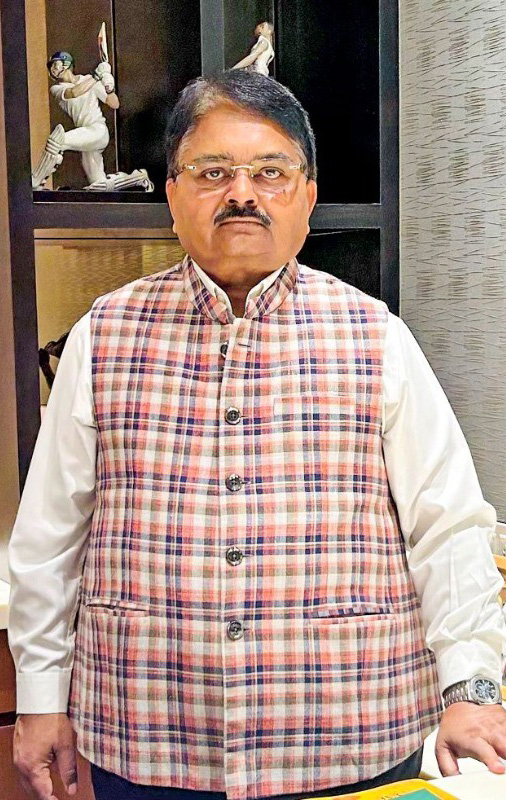Bhubaneswar: Pankaj Lochan Mohanty, Chairman of the ASSOCHAM Odisha State Development Council today acknowledged the United States’ recent decision to impose a 25% tariff on all Indian imports, which will be effective from 1August, 2025. While recognizing the seriousness of this development, ASSOCHAM remains confident in Odisha’s ability to navigate these trade challenges.
“While certain sectors in Odisha, such as seafood and textiles, will face immediate headwinds due to the new tariffs, we anticipate a moderate overall impact on the state’s economy,” stated Shri Mohanty, ASSOCHAM Chief for Odisha.
Industry Czar, Shri Mohanty said that Odisha’s significant seafood exports, particularly shrimp and prawns, face a considerable disadvantage in the crucial US market due to newly imposed tariffs. Indian seafood exporters, already paying existing duties, will now incur an additional 25% tariff, resulting in at least a 15% higher duty compared to competitors like Ecuador, which faces only a 10% tariff on its shrimp exports to the US.
This substantial difference in tariff rates will inevitably make Odisha’s seafood products pricier and less competitive, posing a direct challenge to the industry’s profitability and market share in the United States, pointed out Shri Mohanty.
ASSOCHAM Odisha Chief said that the recent 25% tariff imposed by the US on Indian imports will undeniably impact Odisha’s developing textiles and clothing industries by making their products more expensive and thus less competitive in the US market. And the immediate effect for Odisha’s growing sector is increased pricing, necessitating strategies like aggressive market diversification, enhancing product quality and value addition, boosting local consumption, seeking government support for export incentives, fostering innovation, and investing in skill development to adapt and maintain economic growth amidst these trade headwinds.
The Chief highlighted Odisha’s strategic economic diversification beyond traditional minerals and metals, with significant growth in marine products, textiles, chemicals, processed foods, and IT/ITeS.
“Odisha’s diversified economic base, coupled with proactive market diversification efforts towards regions like Southeast Asia and Europe, will play a crucial role in mitigating the impact of these tariffs,” the ASSOCHAM Odisha Chief emphasized. “Furthermore, ongoing trade negotiations between India and the US offer hope for a swift resolution and potential tariff adjustments.”
The ASSOCHAM Odisha President stressed the importance of industry adaptability and the focus on strengthening the domestic market for Odia products as vital buffers against global trade fluctuations.
Looking ahead, the ASSOCHAM Chief outlined a multi-pronged strategy for Odisha to navigate the trade challenges, emphasizing aggressive market diversification to explore new international markets. This includes enhancing quality and value addition of products to boost their global competitiveness, alongside strengthening domestic demand for Odia goods by boosting local consumption.
Furthermore, ASSOCHAM will work closely with state and central authorities to seek government support for export incentives and infrastructure development, while also encouraging businesses to embrace innovation and efficiency through new technologies and streamlined operations.
Finally, investing in skill development to ensure a highly adaptable workforce is crucial, advised ASSOCHAM Odisha Development Council President.
The Chief concluded by reiterating ASSOCHAM’s commitment to collaborating with the Odisha Government and businesses to implement these proactive measures, expressing confidence in the state’s inherent resilience and strategic foresight to effectively manage tariff impacts and sustain economic growth.


